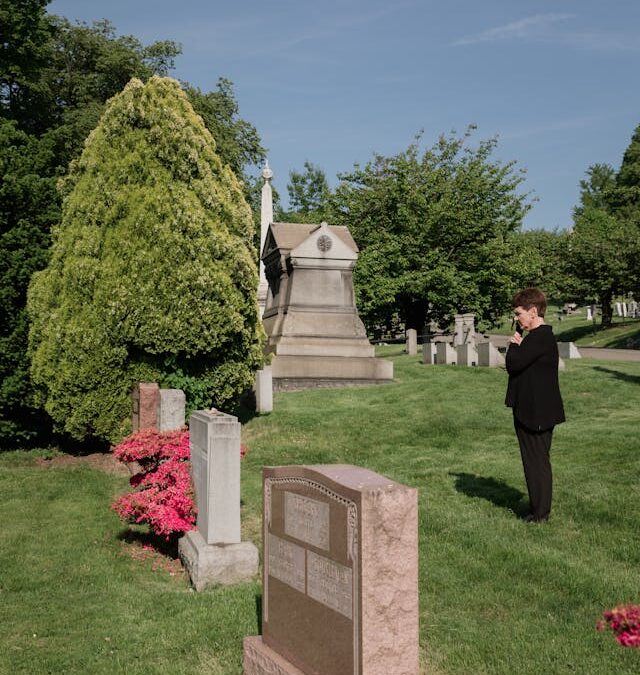Too often, I find myself addressing the “what ifs” of things such as what if you don’t make a will, what if you don’t have a trust, etc. This post is about two incidents from “the field,” as reporters say. It involves two widows, one widowed quite recently and the other almost two years ago. Both had husbands who did their best to leave things in good order if they died. In both cases, it didn’t really happen as they anticipated.
Widow #1, let’s call her Julie, lost her husband about three months ago. As she described him, he was very well organized and had done everything he thought he could and should to have his “affairs in order”. A loving gesture to demonstrate he didn’t want Julie to have to go through complicated issues in handling things after his death. She thought he had done an excellent job. All went smoothly until a few weeks ago. She received a notice that he had two investment accounts she had not known about. At first, she was delighted about the unanticipated funds. But then she discovered that while they were in his name, she could not access them as his widow. I asked her who the beneficiary was, thinking certainly it was her. As it turns out, there was NO named beneficiary named. So, folks, I’m not a financial advisor, but in my experience, most investment and insurance accounts require at least one beneficiary. In the case of a married couple, the surviving spouse is usually the one. However, as Julie understood it, in this case, the original investments were made with a company that another company absorbed. Then, it merged with yet a third company. She was told her husband had been notified long ago that he needed to update the beneficiary information on the account. Either he never received that request or didn’t take action. While she is confident she was the original beneficiary, it is not clear she is now. She is now working with her accountant and estate planning attorney to sort this out, which is, of course, delaying the receipt of funds and costing her money for their services to do so.
Lesson #1 – Somehow, Julie’s husband overlooked including these investments in his estate plan. The attorney didn’t know anything about them. Maybe her husband forgot about them, too. But this is an excellent example of why I advise my clients to keep all their asset information in one secure location so you include everything if/when it is time to review and update your plan. It is also good to review your plan with your estate planning attorney every three years, at minimum, for the same reason.
Widow #2, who we will call Mary, lost her husband close to two years ago. Her husband had always handled the finances for the couple and often told her not to worry; he had everything set up, so if he died, she would have little to do. It would be a seamless transition. No worries. In reality, he did an excellent job. His plan included his will, the trust, and all the power of attorneys that are recommended. It should have been seamless. But it wasn’t. And in some ways, this was not her husband’s fault. Where he fell short was the reality of how it would be after he died. For her, it came down to considerable stress, frustration, and downright anger as she attempted to access the funds left for her. I can’t share details, of course, but suffice it to say that multiple trips to the bank and conversations with the investment account folks were required. Plus, a lot of extra paperwork. There was no easy way for her to get the money. Money she needed to run the household, pay for home repairs, etc. She is still struggling and has scheduled a meeting with her advisors, including her accountant, lawyer, and financial advisor, to work out a plan to allow her easy access to the funds. It has been stressful for her. The last thing her husband would have wanted for her, plus she is now having to pay additional money in fees for the “team” to help come up with a plan.
Lesson #2—While Mary’s husband’s heart was in the right place, he failed to look forward enough to ensure that all his planning would actually deliver an easy transition from his holding the financial reins to her. He should have worked with his attorney and financial advisors to determine the steps she would need to take after he died. But he didn’t and inadvertently left his wife a financial mess to sort out.
I share these two stories because they demonstrate that having an estate plan is not enough. A customized estate plan needs to be developed to include everything and be determined to deliver on your goals, such as protecting your assets and your loved ones. And to ensure your loved ones are not forced to jump legal hurdles or fight to get what you want them to have. An experienced estate planning attorney is the answer. That individual will walk you through the steps to your unique plan that will deliver on your vision. I would be happy to help you create that plan. Call me at 513-399-7526 or visit my website, www.davidlefton.com, for more information.



